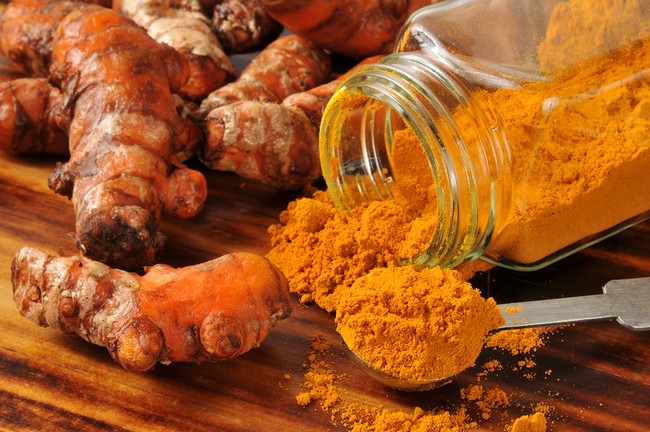- Make It Yourself Lavender Heart-Shaped Bath Bombs!
- 20 Things You Never Knew About “Down There”
- 12 Best Foods For Those Suffering From Arthritis Pain
- 12 Personal Hygiene Mistakes Almost Everyone Makes (Mom Never Told You About #4!)
- 15 Medicinal Plants And Herbs From The Cherokee People
- 12 Mind-Blowing Benefits Of Drinking Coconut Water During Pregnancy
- 12 Outstanding Winter Foods That Won’t Fatten You Up Like A Christmas Turkey
12 of the Best Anti-fungal Herbs on the Planet

Photo credit: bigstock.com
It’s been estimated that more than a billion people have some type of fungal infection. Although most of these infections are considered mild, the number of people infected does not seem to show any sign of slowing. One of the most common fungal infections is Candida, a type of yeast that can infect almost every part of the body. Many people have these infestations, especially Candida, and are completely unaware of it. Fungus also exists outside of the human bodies, namely, it is commonly found in foods. Many products, such as milk and meat, can have fungus infections that can be transferred to humans.
There are plenty of anti-fungal treatments, even special diets that are designed to remove Candida. As with any other herbal program, you should not undertake anti-fungal programs without consulting your doctor.
Although there is limited scientific data on the anti-fungal qualities of herbs, there is plenty of information and reports about which herbs are best at treating fungal and yeast infections. The following list has the names of 12 top herbs that have anti-fungal compounds.
If you are taking any prescription medications or are under a doctor’s care for a medical condition, please consult with your physician before starting any herbal program. Although most herbs are considered to be safe, there can be drug interactions that can have severe consequences.
1. Turmeric
Turmeric is one of the most potent anti-fungal herbs on the planet. The Journal of Antimicrobial Chemotherapy published one study that showed that the active ingredient in turmeric, curcumin, stopped the spread and growth of candida. In vitro research showed that curcumin worked better than a prescription anti-fungal drug (fluconazole). Curcumin can be used to treat several types of fungal infections successfully, including athlete’s foot.
2. Pau D’Arco
This herb is not seen often in the US, but it is often consumed as a tea in European countries. One cup per day is a great way to keep a handle on fungus infections.
3. Olive Leaf Extract
A number of studies give the evidence that oleuropein, the active ingredient in olive leaf extract, is rather effective in fighting overgrowth of fungi. By improving your immunity against such unhealthy invaders as Candida, olive leaf extract decreases blood sugar, thus helping avoid yeast infections to begin with. Another study, which involved a dozen miscellaneous plant extracts, found that olive leaf offered more protection from mycotoxigenic fungi and pathogenic fungi, than any other compound tested.
Continue to Page 2


































deenie1219
Feb 27, 2018 at 8:45 pm
Most of these listed herbs, if not all, are also anti-cancer.
Jeyps_Cyclops
May 2, 2018 at 1:29 am
Other Suggestions?